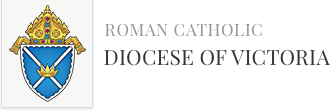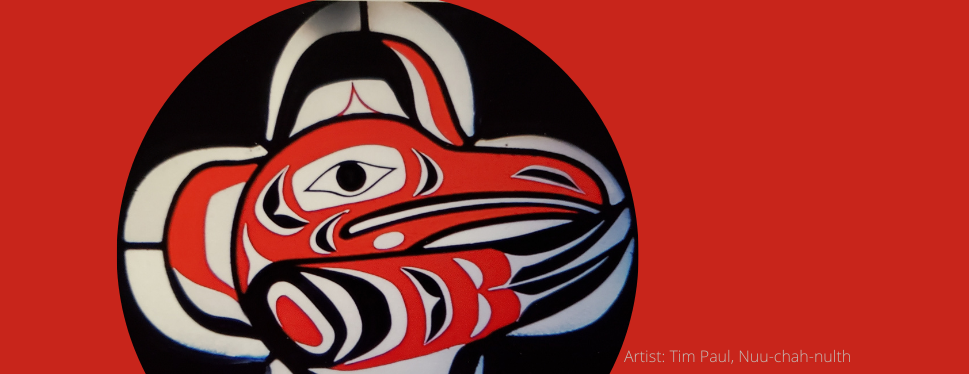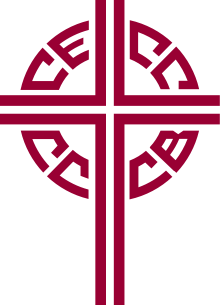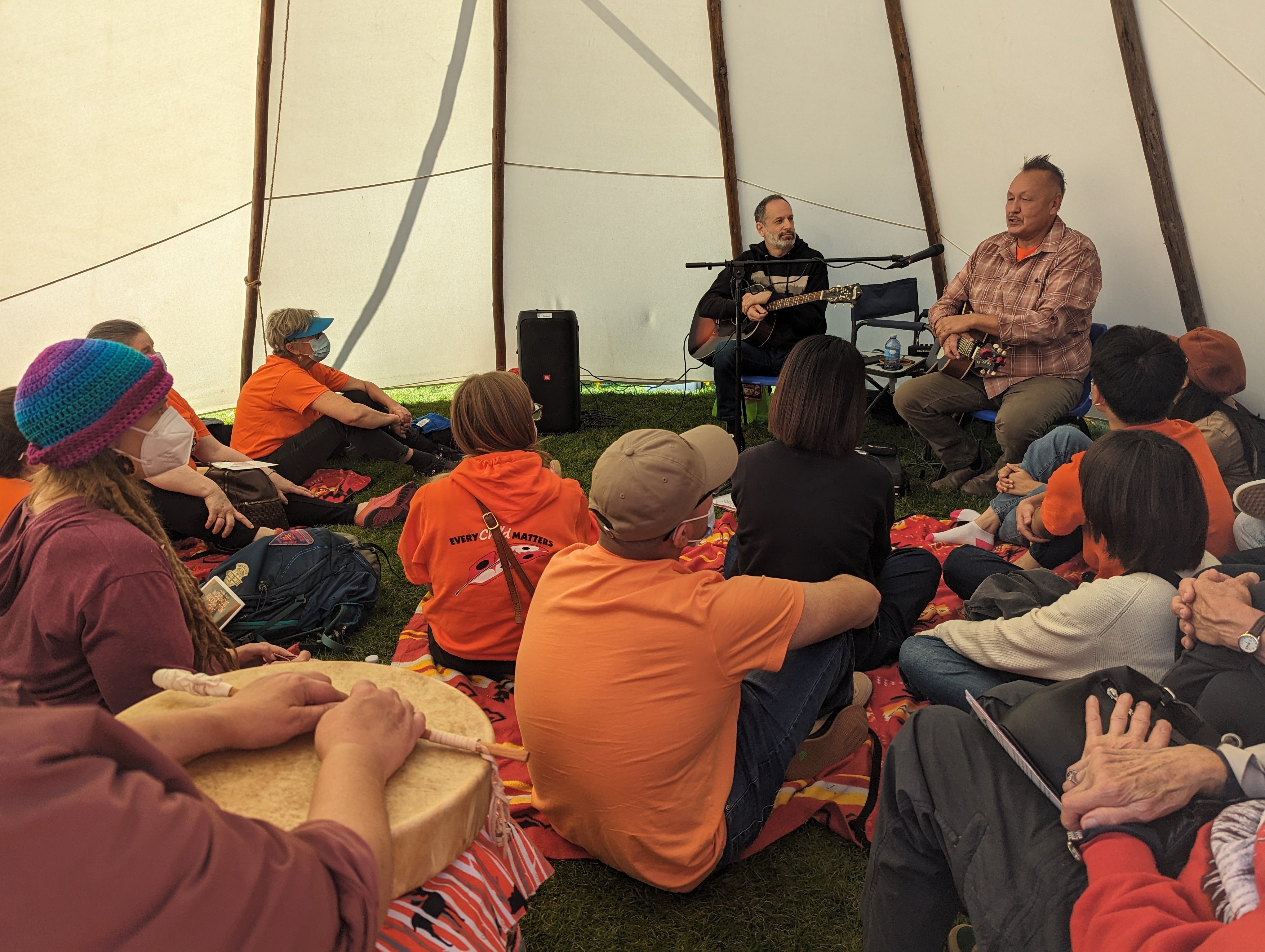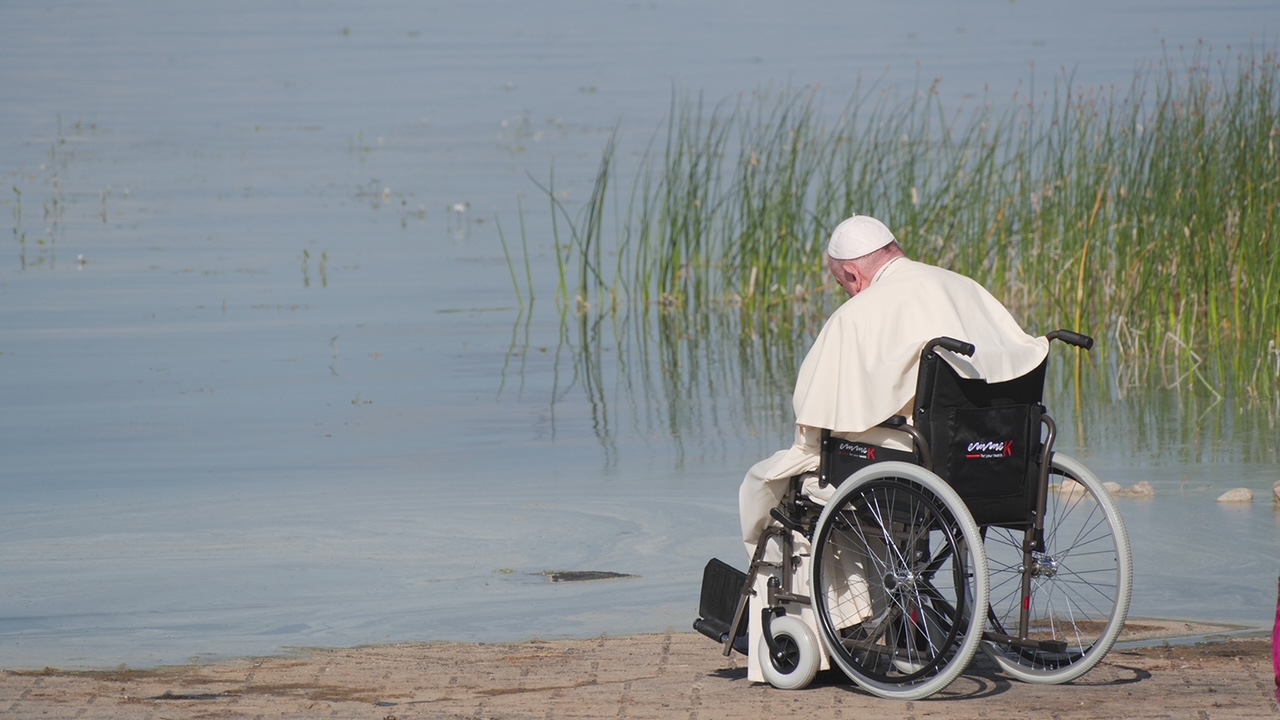Bishops of Canada Deepen Their Commitments to Walk Together with Indigenous Partners on the Healing and Reconciliation Journey
For a printable version of this press release, click here.
CORNWALL, September 29, 2022 – The Canadian Conference of Catholic Bishops (CCCB), gathered in Plenary Assembly this week, agreed upon a series of next steps related to the painful legacy of residential schools. This work builds on previous commitments to promote access to records, educate clergy on Indigenous cultures and spirituality, and contribute $30 million to healing and reconciliation initiatives across Canada.
“2022 has been a historic year for listening, learning and working to rebuild longstanding relationships that have been profoundly damaged by the legacy of residential schools,” said Bishop Raymond Poisson, President of the CCCB. “Pope Francis apologized on behalf of the Church for the sins of her children, acknowledged the catastrophic impact of the residential school system and called on us to promote the rights of Indigenous Peoples and to favour processes of healing and reconciliation. We know that this is a journey that requires long-term commitment, dialogue and consultation, and we pray that our discussions at this Plenary have been a meaningful step towards a more hopeful future.”
Informed by the recent Papal Visit, the Delegation to Rome, and conversations with Indigenous partners at the local, national and regional levels in the past year, the Bishops of Canada pledged their commitment to:
- Support the Indigenous Reconciliation Fund as it accepts donations from 73 Catholic dioceses across the country. The fund, which is intended to advance healing and reconciliation initiatives, is on track to raise funds in excess of its $30- million target over five years, with $5.5 million raised to date. The fund was incorporated as a registered charity in March and is overseen by a Board of Directors whose members have extensive track records advocating for Indigenous rights.
- Continue to embrace the United Nation Declaration on the Rights of Indigenous Peoples (UNDRIP) and identify opportunities to use our voices to accompany Indigenous Peoples in the pursuit of justice, healing and reconciliation. The CCCB’s previous statement on UNDRIP can be found here.
- Continue supporting Catholic institutions, seminaries and religious communities to foster a greater understanding of Indigenous cultural, linguistic and spiritual traditions and values. Working with Indigenous partners, we hope that this support will result in more direct encounters with Indigenous communities where clergy and lay people hear the history of this land from an Indigenous perspective, with attention to the issues of colonization and residential schools.
- Stand in solidarity with Indigenous Peoples in their stewardship of the land and the goods of Creation, the gifts of the Creator, and recognize the contribution of Indigenous culture and wisdom to our future life in Canada. We will work together with local community leaders to address social challenges, including addictions, suicide, violence, poverty and incarceration, and seek to support their concern for the spiritual well-being of the young people in their communities.
- Continue the work of providing documentation or records that will assist residential school survivors and researchers in finding truth. In response to the issues that Indigenous researchers have identified about cumbersome processes for identifying and requesting records, the CCCB collectively approved a set of guidelines for dioceses across Canada, with transparency and simplicity serving as guiding principles.
- Continue to dialogue with the Vatican on issues identified by Indigenous delegates and representatives this year. To that end, we have initiated conversations about the desire of many Indigenous Peoples to hear the Church address historical policies and principles often referred to as the “Doctrine of Discovery”, and are actively working with the Vatican with the goal of issuing a new statement. Canada’s Bishops continue to reject and resist ideas associated with the Doctrine of Discovery in the strongest way possible.
- Continue our dialogue and build relationships with First Nations, Inuit and Métis peoples. Working together on the delegation to Rome and the subsequent papal visit, the Bishops of Canada enjoyed respectful collaboration with Indigenous representatives at the national, regional and local levels. The Assembly unanimously committed to continuing these discussions and to seeking feedback on the most effective mechanisms to ensure the spirit of collaboration that went into planning these milestones is maintained permanently.
Recognizing that reconciliation is a long journey, the Bishops of Canada will continue to report annually on progress made against these pledges, and will take additional steps to strengthen our relationships and dialogue with Indigenous voices at the national and local level. Any stakeholders who wish to make submissions to the CCCB that may inform next steps are encouraged to reach out to gensec@cccb.ca.
-30-
About the Canadian Conference of Catholic Bishops
The Canadian Conference of Catholic Bishops (CCCB) is the national assembly of the Bishops of Canada. It was founded in 1943 and officially recognized by the Holy See in 1948.
For further information, email communications@cccb.ca
